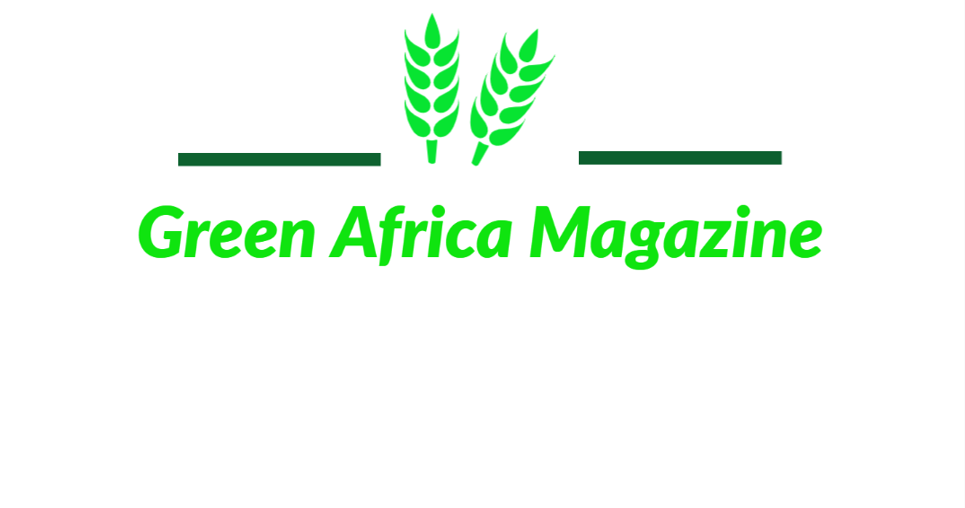In recent years, animal product consumers have started demanding higher standards of welfare for pigs in food production.
There is no consensus on a unique definition of animal welfare within or across species where applicable. Definitions vary depending on different factors such as cultural, scientific, religious, and political background. There are several proposed approaches to scientifically assess animal welfare such as feelings-based approach, natural living, the 5 freedoms, among others and each approach tends to emphasise different measurements.
Good feeding is one of the main principles to assess swine welfare and it comprises of 2 criteria
-
absence of prolonged hunger
-
absence of prolonged thirst which we will explain in this article.
Swine welfare assessment protocols
Over the years, a series of swine welfare assessment protocols such as the Welfare Quality Protocol®, AssureWel, the Danish Animal Welfare Index and the Swine Welfare Assurance Program have been developed. These protocols include several criteria that could be used to measure aspects of on-farm swine welfare by farmers, veterinarians, advisory service personnel, among others.
Absence of prolonged hunger
Absence of prolonged hunger is evaluated by 2 measures,
-
body condition score in sows,
-
grow-finish pigs and the age of weaning in piglets.
Body condition score
Body condition scoring is a management tool applied to evaluate fat accumulation of a pig and nutritional status of a herd. Body condition score is an animal-based measure, and it is scored differently in grow-finish pigs and sows.
Grow-finish pig:
-
0 – Pig with a good body condition;
-
2 – Lean pigs.
Sow:
-
0 – It takes firm pressure with the palm of the hand of the assessor to feel the hip bones and backbone;
-
1 – The hip bones and backbone are easily felt without any pressure on the palms, or the sow appears visually obese and it is impossible to feel the hip bones and backbone even by pushing down with a single finger;
-
2 – The sow appears visually very thin, with hips and backbone very prominent.
Age of weaning
Weaning is a critical period and piglets are often weaned between 19 and 22 days of age in North America, although in some swine operations weaning may occur at 14 days or less. Age of weaning is a management-based measure. Early weaning of piglets has some disadvantages including inconsistent growth performance throughout the finisher stage, decreased post weaning gain and abnormal feed intake.
Absence of prolonged thirst
Absence of prolonged thirst is assessed based on the presence of adequate water supply for sows, grow-finish pigs, and piglets.
Water supply
Water supply is a resource-based measure and water cleanliness, and functionality are all essential to the individual pig’s welfare. Water accounts for as much as 80% of body weight at birth and declines to approximately 50% in a finished market pig. A loss of 10% or more of body water will cause severe dehydration and may result in death. If water is withheld from a pig for more than 24 hours, it may result in water deprivation or salt poisoning, in which the normal levels of salt in the diet (0.4–0.5%) become toxic in the absence of water.
Concluding remarks: Welfare assessment is vital
Welfare assessment is essential during all phases of swine production. It is important to notice that welfare evaluation usually involves pigs at a single stage of their productive life except in farrowing environment, in which the sow and her piglets are at 2 very different stages of their life and have different requirements regarding their thermal, social, and physical environments. Therefore, a system that may be ideal for the welfare needs and requirements of the sow may be far from optimal for her piglets and vice versa.



